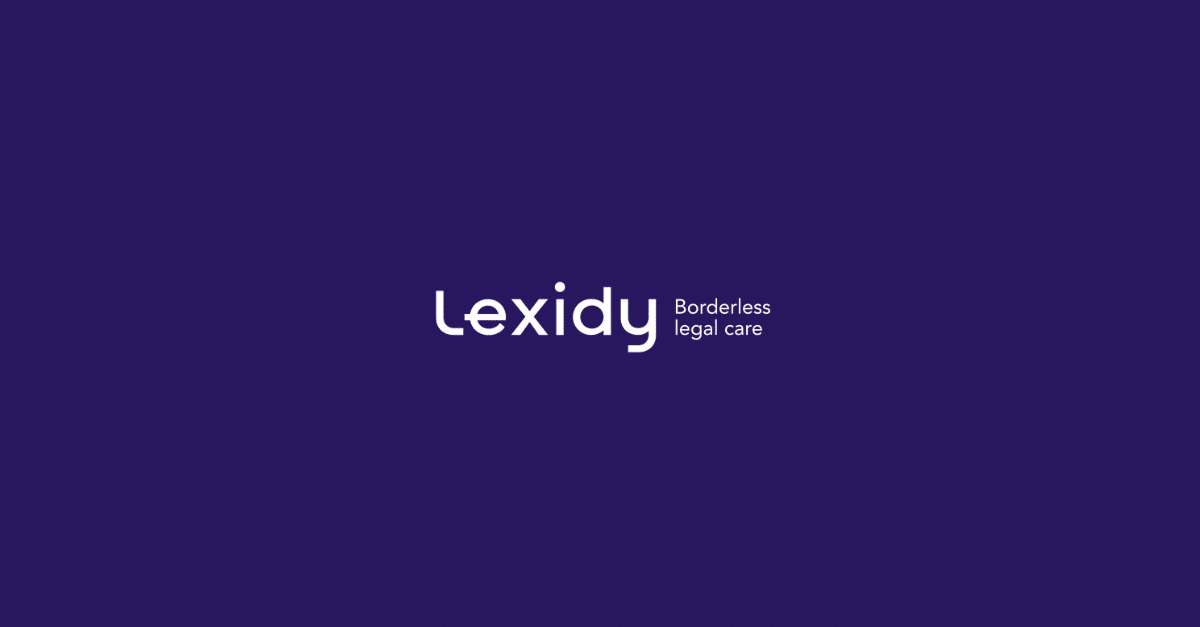
How to Buy Property in Italy as an American
Italy’s stunning landscapes, rich history, and vibrant culture make it a dream destination for many Americans. However, navigating its real estate market can feel overwhelming
Stay ahead with the latest legal insights and updates for stress-free living.
You can also search for the news you want:



Italy’s stunning landscapes, rich history, and vibrant culture make it a dream destination for many Americans. However, navigating its real estate market can feel overwhelming

Discover how to move to Spain without a Golden Visa, the options available to you, their legal requirements, and tips to help you make your move a smooth one.

In this blog, we will guide you through the essential steps for relocating to Greece from the UK.

Today, we’re proud to unveil our new brand identity, marking a significant leap forward in our journey and vision for the future.

Portugal has become an increasingly popular destination for foreigners looking to start a new life or expand their business ventures in Europe. The country’s vibrant

In this guide, we’ll walk you through the essential steps, from understanding visa requirements to settling into your new life in Spain.

In this blog, we will discuss the recently approved Digital Nomad Visa in Italy, a game-changer for those from outside the EU seeking to combine professional pursuits with the enviable Italian lifestyle.

Portugal has become a top destination for expats, offering a blend of stunning landscapes, rich history, and a welcoming culture. The country’s low cost of

In this blog we’ll explore what makes Europe ideal for digital nomads, how to handle the visa process, and tips for living your best nomadic life.

This guide will explore a comprehensive overview of how to register as a micro entrepreneur in France.

In this blog, we’ll guide you through all the essential steps to establish your business as an expat in Portugal successfully.

Explore the different EU residence permit options available to financially independent persons, helping you navigate the process and choose the best path for your European adventure.
Step confidently into your international future, armed with clarity and supported by expert legal guidance every step of the way.


Contact us
Services
Insights